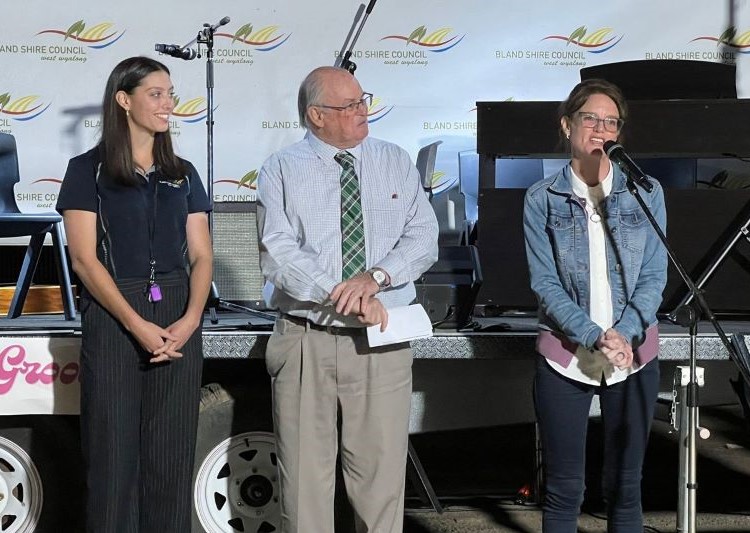Law Council of Australia
A panel of Indigenous leaders has called on the necessity for governments to listen to Aboriginal and Torres Strait Islander peoples and have ‘challenging discussions’ if there is ever going to be a drop in their alarming incarceration rates.
Statistics show that Indigenous people in Australia fare worse at every stage of the criminal justice process compared to non-Indigenous people. In 2016, they were 7 times more likely to be charged with a criminal offence and appear before the courts; 11 times more likely to be held in prison on remand awaiting trial or sentence, and 12.5 times more likely to receive a sentence of imprisonment following conviction.
At the Law Council’s recent webinar, attendees heard Dr Hannah McGlade, Dr Tracey McIntosh, Mr Tony McAvoy SC and Ms Karly Warner reflect on the need for an understanding of the close connection between the history of colonisation and trauma experienced by First Nations peoples and interaction with the criminal justice system, and move from punitive to preventative, trauma-informed approaches.
Law Council President and panel chair, Ms Pauline Wright, said the fact that Indigenous Australians are the most incarcerated people on earth is a national tragedy, deserving urgent attention.
“The Australian Law Reform Commission’s Pathways to Justice final report was tabled in March 2018, and since then there has been only sporadic government engagement with many of its specific recommendations. More than two years later it is time to revisit the report, which provides a comprehensive framework for governments to meet the new Closing the Gap refresh justice targets,” Ms Wright said.
“The panel spoke of the frustration felt within communities when effective, proven, solutions are ready to be implemented right now, such as justice reinvestment, Aboriginal sentencing courts, Aboriginal Justice Advisory Committees and bail accommodation, yet little is happening. The evidence is in, but the reports are languishing on the shelves.”
“One key message from the discussion was that our decision-makers should consider where we would have been as a nation today, had we taken heed and implemented the recommendations of the various reports at the time they were recommended. “The panel also identified the need for systemic and transformative change to address the over-incarceration of First Nations people, and that this is not something that can be fixed with merely tweaking legislation. Instead a true partnership is needed between Aboriginal people, their representatives and government. The panel observed this is not always happening in all jurisdictions.” Ms Wright said.
You can watch a recording of the webinar here.
/Public Release.








